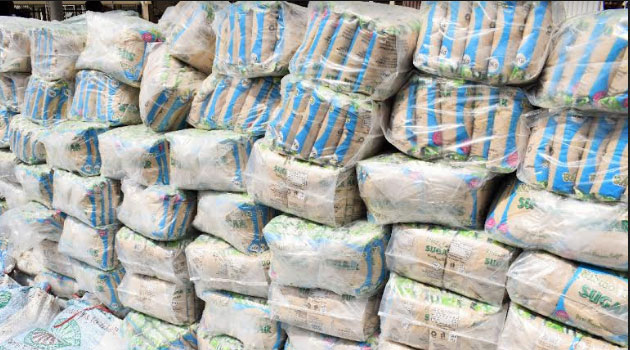By Chuck Muth, President, Citizen Outreach
Another reminder of how sugar is the most manipulated agricultural commodity on the planet…
- The Costa Rican sugar industry is asking the government to consider a new tariff that “would stop white sugar imports.”
- Sandra Boga of Agri-Business Intelligence reports that “The Brazilian government has asked the World Trade Organization (WTO) to establish a dispute settlement panel aimed over Indian sugar subsidies.”
- Reuters reports that “Australia and Guatemala also lodged complaints against India.” The report added…
“Brazil alleges that the Indian government has taken actions that distort global sugar markets. The South American country claims India doubled the minimum price for sugarcane since the 2010/2011 crop year with Indian sugar exports soaring in 2018/19 to 5 million tonnes from 2 million tonnes the prior year.”
- Meanwhile, Pearly Neo of FoodNavigator-Asia reports that Malaysian trade officials “are standing firm on a decision to grant sugar import licenses to eight Sarawak food and beverage manufacturers, allowing them to bypass local sugar refiners, despite vehement protests from the latter.”
The decision “signals a move by the government to liberalise the historically-monopolised sugar market, which is currently dominated by” a pair of sugar refiners.
- In India, the Hindustan Times reports that…
“Union minister for transport Nitin Gadkari on Sunday said that the government has already bent enough policies to help the sugar industry and in the future it would be impossible to extend support (to) the sector which battles with excess output and higher input cost.
“Gadkari said that the government in the past has tried to help the sugar industry as much as possible. ‘However, I have to tell you this bitter truth that the government cannot extend anymore help. It is very difficult to bend policies,’ said Gadkari.”
Gadkari urges sugar mills “to focus on producing ethanol instead of sugar.”
It’s not a “free market” when governments continually interfere. Which is another reminder of why it continues to be necessary for Congress to keep the current U.S. sugar program in place.



